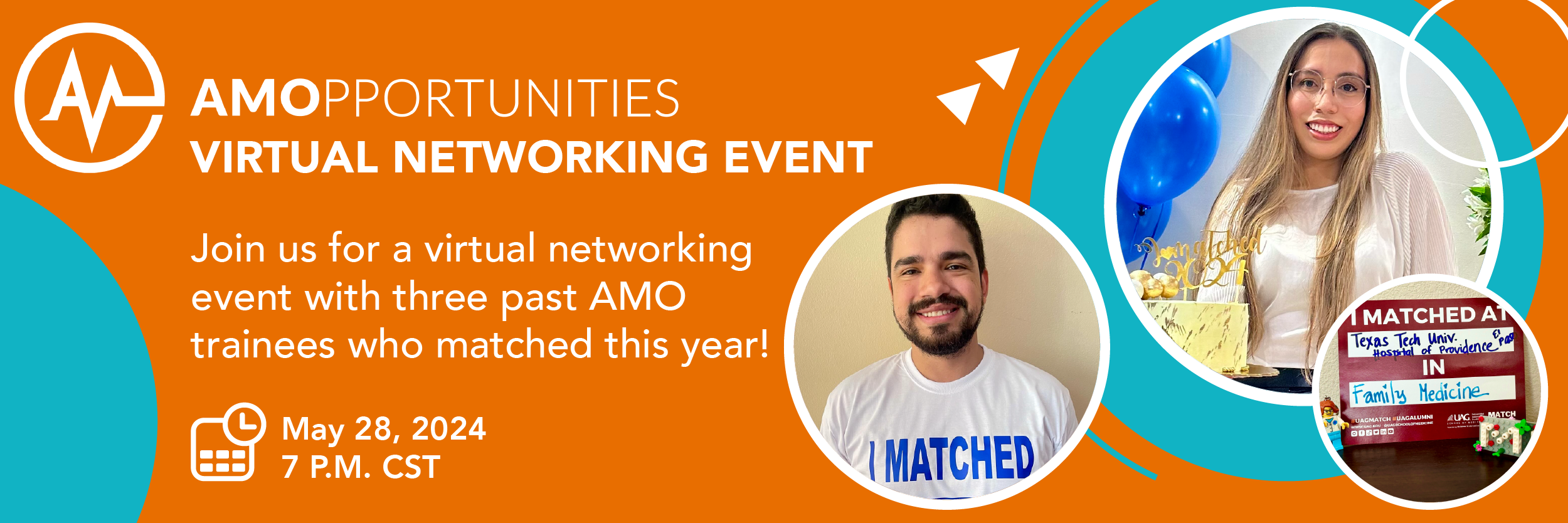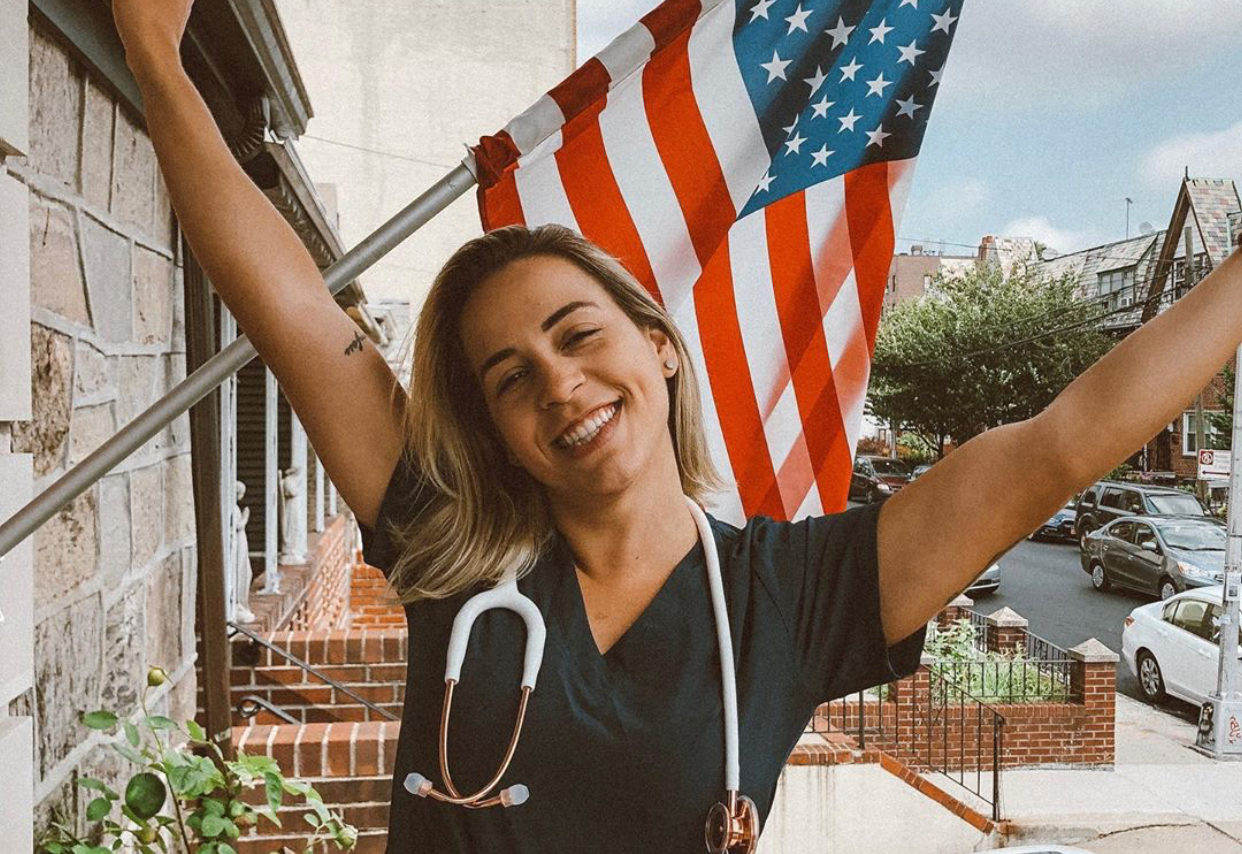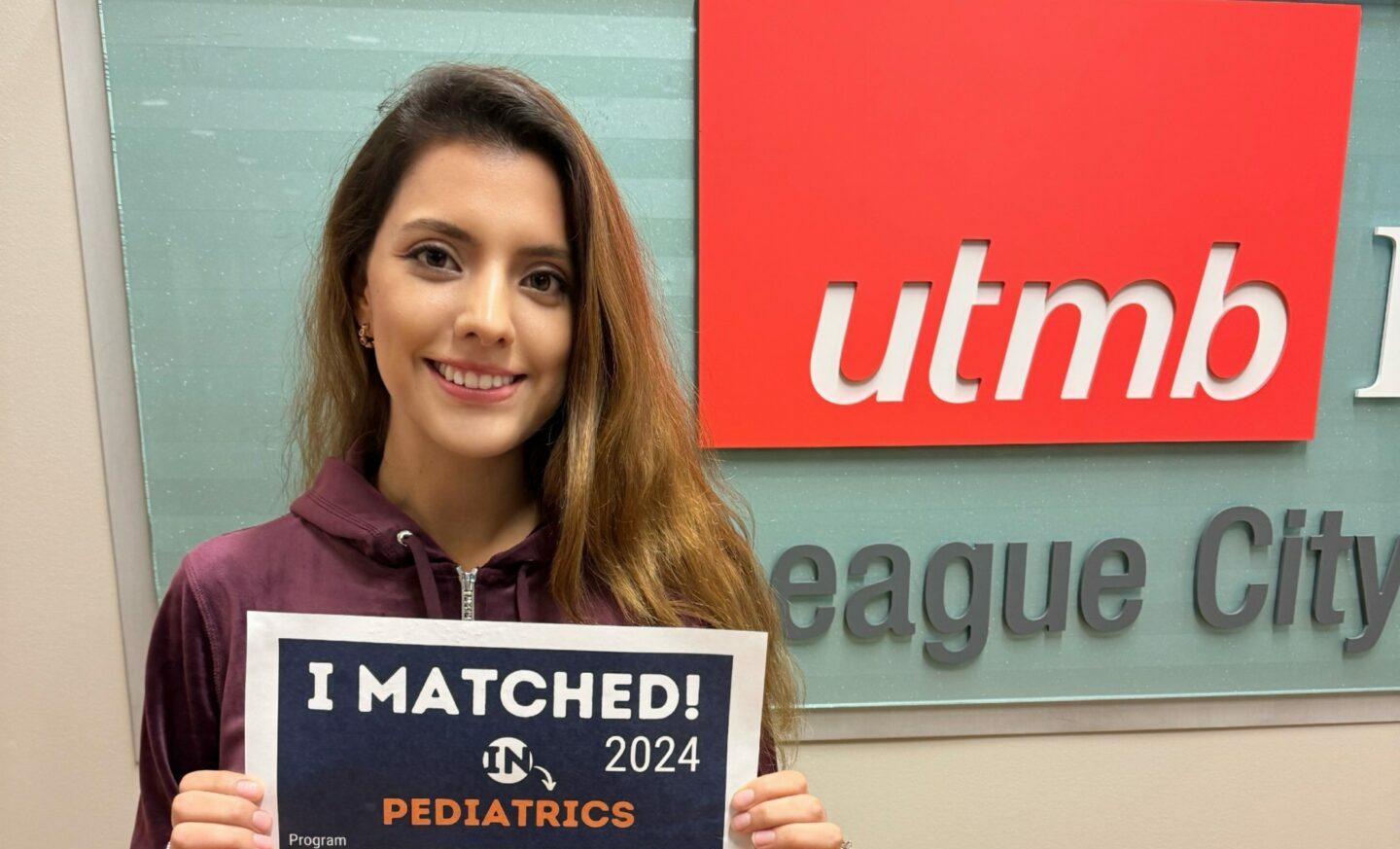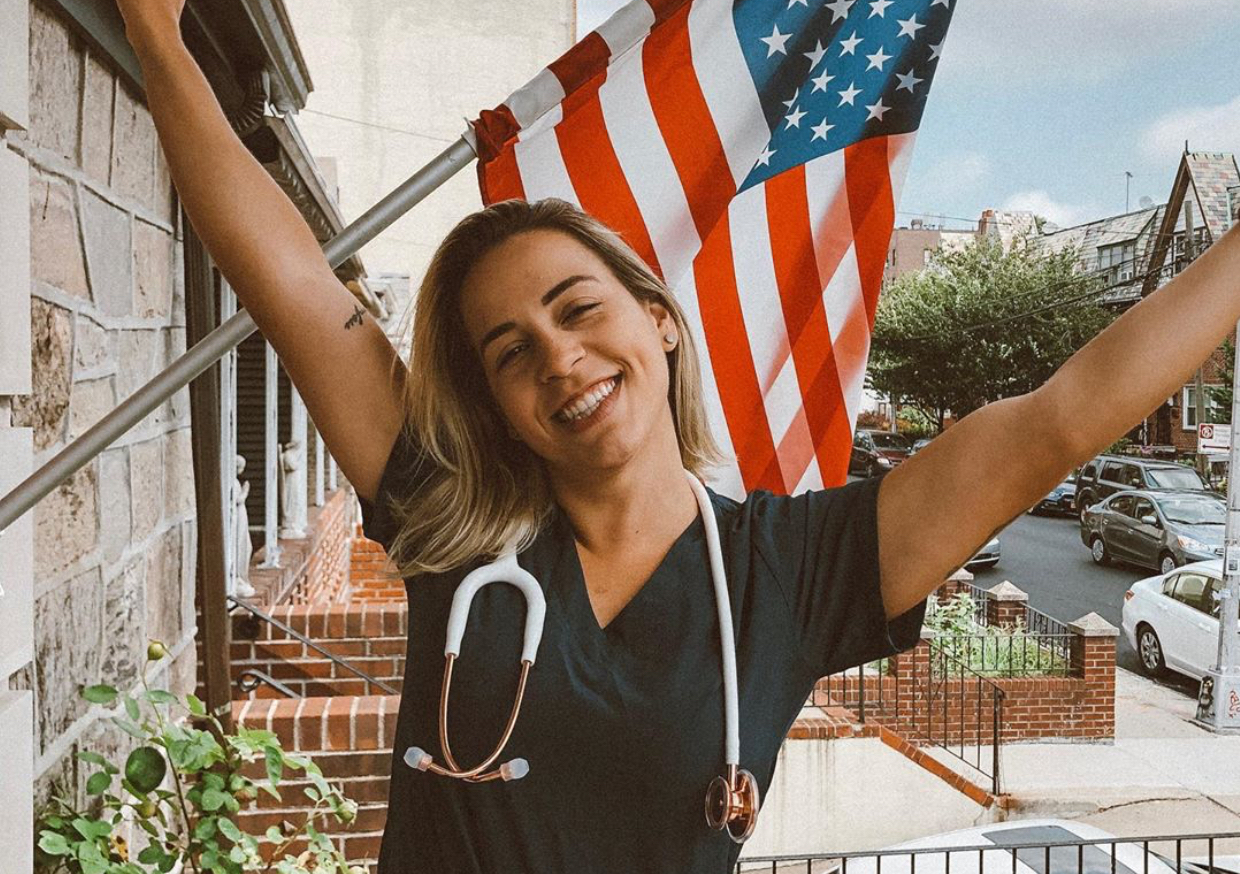Applying for residency in the U.S. as an IMG is often a numbers game. Although applying as an older candidate can complicate an already challenging application, interview, and matching process, it is not a death sentence. Older IMGs can successfully obtain residency it just requires some additional planning and data analysis on programs that see the benefits of adding someone with more real-world experience to their program. To find out who is considered an older candidate and how to apply for residency if you fall into this category, continue reading below.
Advantages of Age
Medical graduates who have been out of school for five years or more and those over the age of forty are considered older candidates. Being an older candidate can be challenging. Most residency programs prefer applicants who have graduated from medical school in the last five years. More recent graduation dates communicates that a residency applicant has up-to-date medical skills and knowledge. Applying for residency within five years of graduation gives individuals more options and a greater chance of matching.
For some IMGs, applying within five years of graduation is not an option. Applications may have to take the USMLE and complete clinical experiences to earn letters of recommendation. Depending on personal and professional responsibilities, like balancing a job or having a family, meeting application requirements can take years. While this can make transitioning your medical career to the U.S. more difficult, it does not make it impossible. In fact, many older IMGs have transitioned their careers through careful planning and hard work.
Older IMGs applying for U.S. residencies can bring value and experience to their residency programs. They add new insight and can inspire younger program participants. This is especially true for those with experience in research and a full resume/CV with experience in another country that may practice medicine in a different, perhaps innovative, way. With these experiences, it is likely that the individual has gained substantial real-world knowledge they’ve examined and treated a more diverse patient population, and, in doing so, obtained a certain level of maturity and expertise. Continuing to pursue education later in life can say a lot about an applicant’s character as well. It insinuates that they are eager to learn, hard-working, and have determination. Learn about other advantages >
Tips on Applying
-
Don’t Underestimate the USMLE
For older residency applicants, test scores can be an important indicator of knowledge, skill, and effort. Although the weight a score bears in deciding who is accepted can vary from program to program, it is important to take the exam seriously as individuals may not retake the test once they have gotten a passing score.
A passing score for Step 1 is 194 however, in most cases this is not enough for individuals to receive a residency match. According to data from the 2018 National Residency Match Program, IMGs who matched had USMLE Step 1 scores in the 230-240 range whereas unmatched applicants had scores in the 215-230 range. This data proves that simply passing the USMLE steps is not enough. Older residency hopefuls should take this exam and its preparation seriously. The test is costly in terms of finances and the role it plays in one’s professional future.
-
Research, Research, Research
It is important to research both the medical specialty and programs an individual is interested in applying for. Certain specialties have higher match rates from IMGs and older applicants. These include family medicine, pathology, and internal medicine, among others, which are less favored by U.S. medical graduates. Some programs are more competitive and tend to turn away older applicants. Other programs do not put much weight on the age of an applicant.
-
Keep Your Application Up to Date
Since time may pass from when you create your ERAS account to when you apply for residency, it is important to update your profile. This means routinely checking your profile and application materials to ensure they are acceptable.
This relates specifically to your personal statement and letters of recommendation (LoRs). Your personal statement should reflect your interest in the medical specialty you are applying for. If you decide to change the medical specialty you are applying for, your statement must be updated. LoRs should be from recent clinical experiences, preferably within the last year. If more time than this has passed, an individual should complete another clinical experience to obtain a new LoR.
Is your LoR in need of a refresh? AMO offers 200+ clinical experiences that allow participants to request an LoR from a U.S. physician.
Create an account today to explore the possibilities!







Hi I am 50 Year pediatrician from chennai
Working since 2001( post DCH) , am a senior consultant pediatrician and neonatologist at Apollo children’s hospital chennai…
Want to apply USMLE , to be with my son who is planning PG in computer science in US..
kindly guide
Hi
I’m a Holding an mbbs degree 2012 since then I have not practiced nor done any further studies had to do odd jobs to make ends meet
Kindly advice me if I would be able to get a residency training program in Us and what score do I need to achieve in usmle as I’m interested in Emergency Medicine speciality
Thanks and best regards
Siman
I am 47 old General surgeon in Pakistan wish to pursuit my carrier in USA. Would anyone guide me the eligibility for me
Hi
I am an ‘ancient medical graduate’ .. 60 yr of age and a actively practicing Urologist. I wish to relocate to US. I have done my step 1 and step 2CK. Step 2CS has been indefinitely postponed for now.
Which family medicine programs are likely to accept me as a resident?
Hello dear
I hope this email find you in a good condition. I also wanted to study residency programs in US. Is there any opportunity for me to be continue. Thank you
Best regards
Im mbbs graduate from india,
Wat is the procedure for applying residency program.
I’m interested